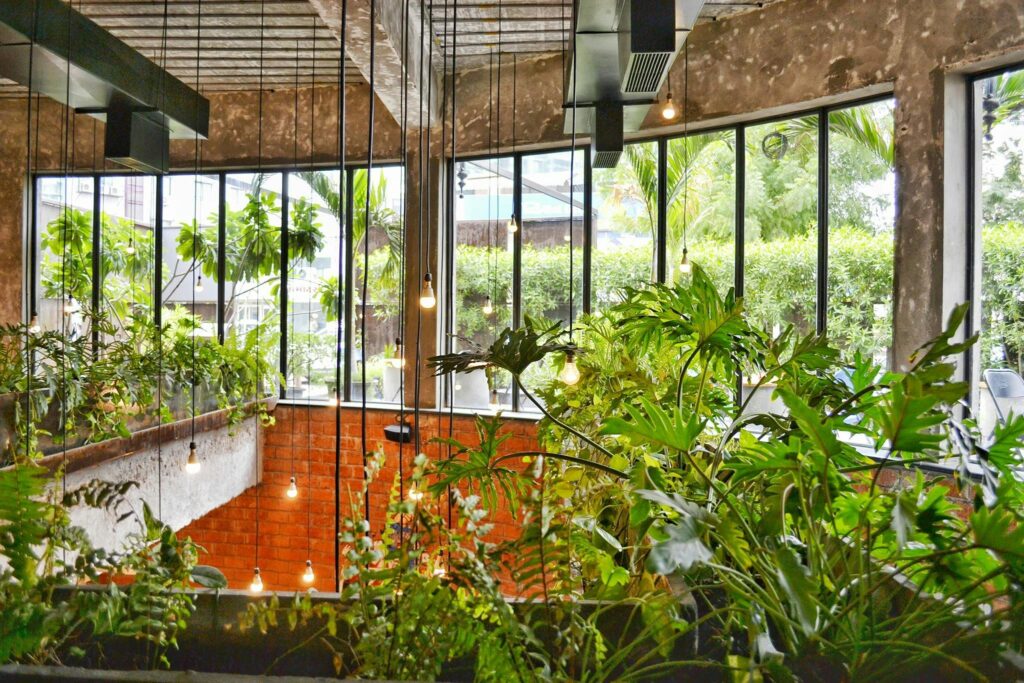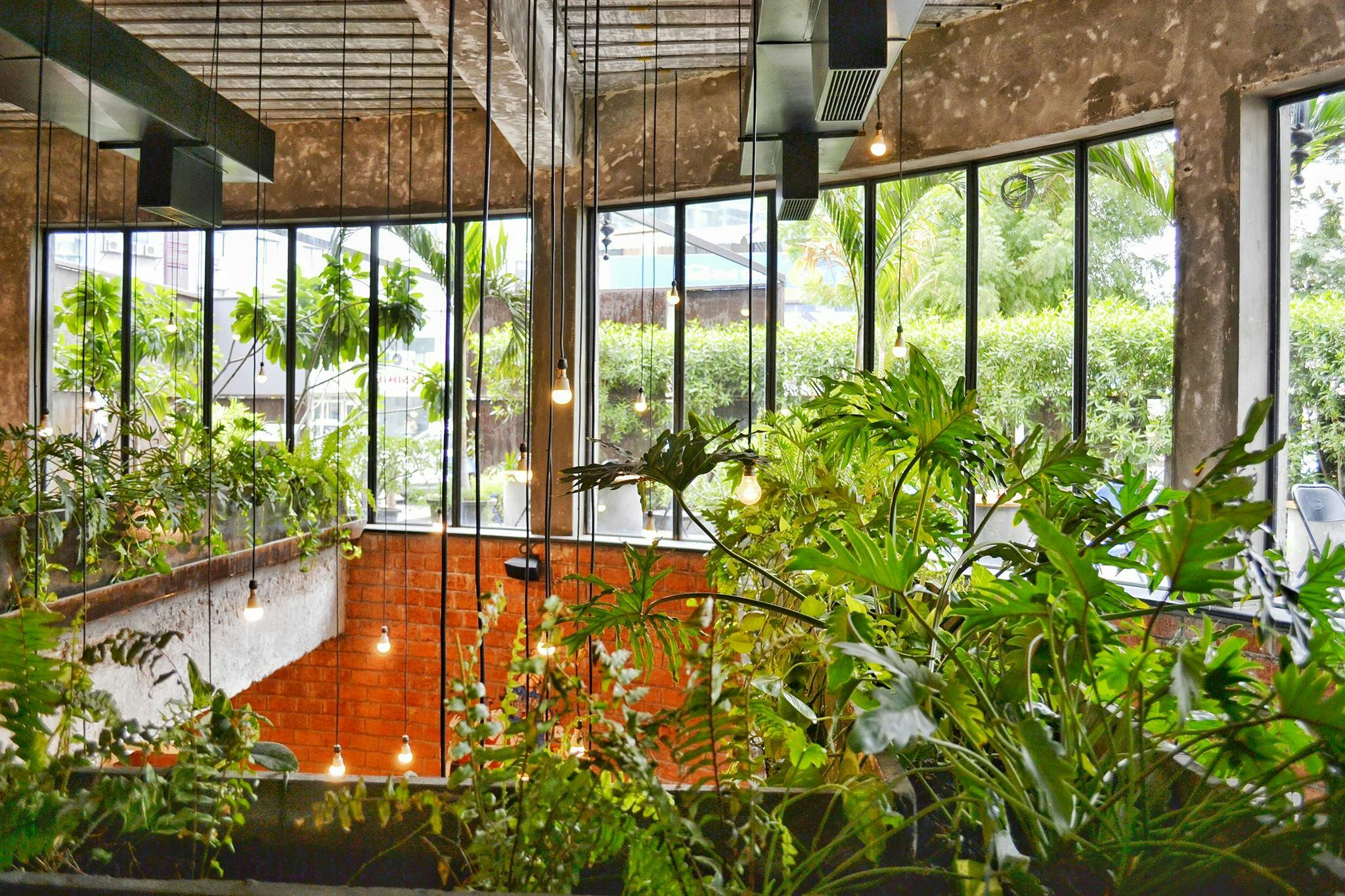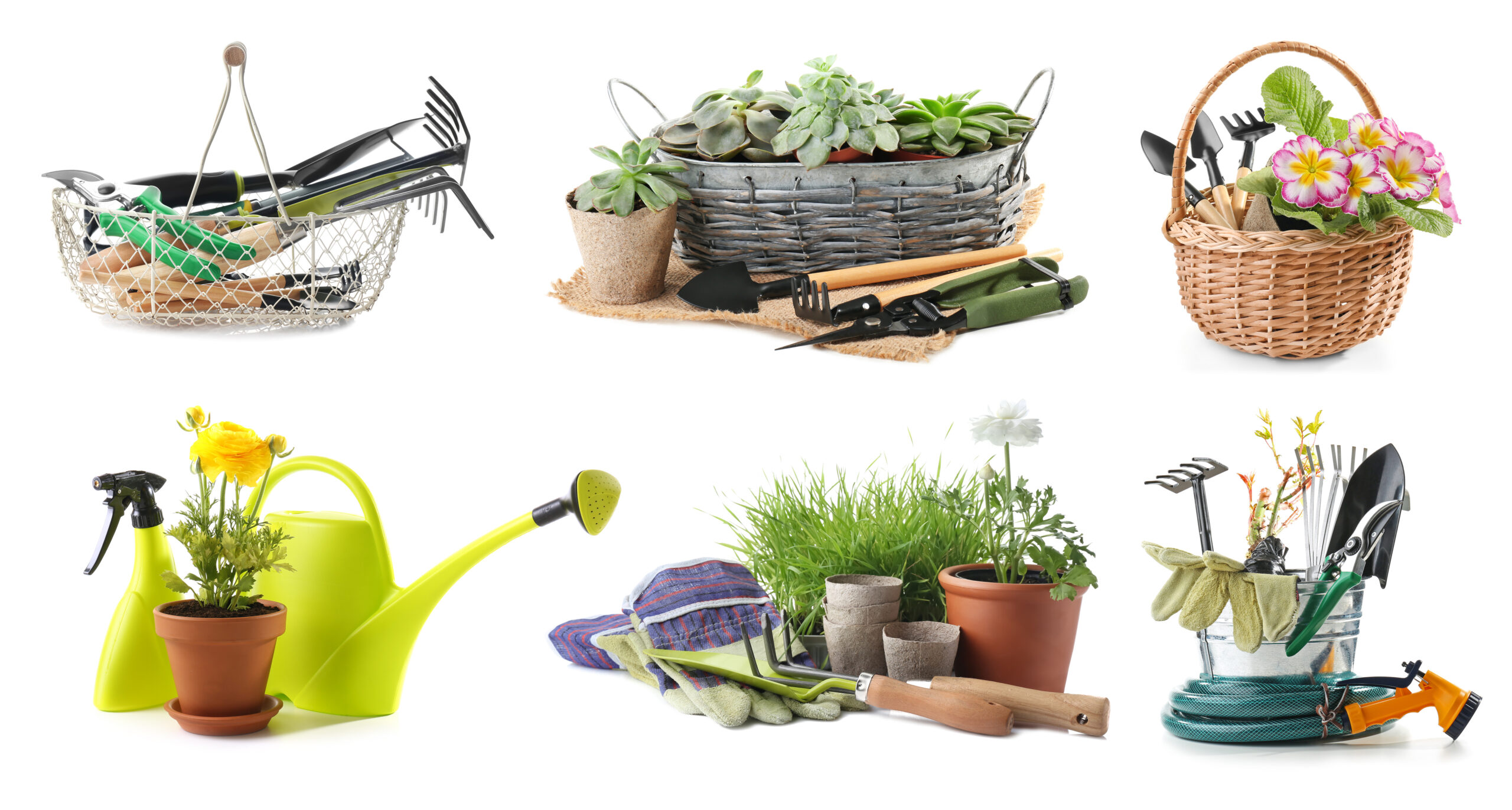
The Power of Plants in Purifying Indoor Air
Indoor air quality is a concern for many, especially in urban environments or during seasons when opening windows is less feasible. Plants offer a natural solution to this issue, not only beautifying your space but also purifying the air. They absorb pollutants through their leaves and roots, with some species particularly effective at filtering out common toxins like formaldehyde, benzene, and ammonia. Incorporating these plants into your home can improve air quality, enhance your well-being, and create a more inviting living environment.
Spider Plants: The Easy-to-Care-For Purifier
Spider plants (Chlorophytum comosum) are among the most popular and effective air-purifying indoor plants. They are incredibly easy to care for, thriving in a variety of light conditions and requiring only moderate watering. Spider plants are particularly adept at removing formaldehyde and xylene from the air, making them an excellent choice for kitchens and living areas. Their ability to produce numerous offshoots also means you can easily propagate them, spreading the benefits of cleaner air throughout your home.
Snake Plants: Oxygen Producers for the Bedroom
Snake plants (Sansevieria), with their striking upright foliage, are not only visually appealing but also exceptional air purifiers. They are unique in their ability to convert CO2 into oxygen at night, making them ideal for bedrooms to improve air quality while you sleep. Snake plants are highly durable, requiring minimal water and thriving in low light, perfect for those who want the benefits of air-purifying plants with little maintenance.
Peace Lilies: The Elegant Toxin Remover
Peace lilies (Spathiphyllum) are beautiful, shade-loving plants that excel at filtering out a wide range of air pollutants, including benzene, formaldehyde, trichloroethylene, and ammonia. Their white blooms add a touch of elegance to any room, and they have a relatively low light requirement, making them suitable for areas away from windows. While peace lilies are relatively easy to care for, they do require consistent moisture and should be kept out of direct sunlight, which can scorch their leaves.
Boston Ferns: Humidity-Loving Air Cleaners
Boston ferns (Nephrolepis exaltata) are lush, verdant plants known for their ability to remove formaldehyde and xylene from the air. They thrive in high humidity and indirect light, making them perfect for bathrooms or kitchens where moisture levels are higher. Regular misting or placing their pot atop a tray of pebbles and water can help maintain the humidity levels they love. Their frilly fronds can grow quite large, making them a striking addition to your indoor garden.
Bamboo Palm: The Natural Humidifier
Bamboo palm (Chamaedorea seifrizii) is effective at filtering out benzene, trichloroethylene, and formaldehyde, while also adding a touch of tropical flair to your home. These palms prefer bright, indirect light and can grow quite tall, making them suitable as floor plants in larger rooms. They also help to naturally humidify the air, a boon in drier climates or during winter months when indoor air can become particularly parched.
English Ivy: The Versatile Air Purifier
English ivy (Hedera helix) is a versatile plant that can be grown as a hanging or trailing plant, making it a perfect choice for small spaces. It’s known for its ability to significantly reduce airborne mold and fecal particles, making it beneficial for those with allergies. English ivy prefers moist soil and at least four hours of direct sunlight daily, but it’s otherwise low-maintenance, requiring just regular watering and occasional pruning to keep it manageable.
Gerbera Daisies: The Colorful Detoxifier
Gerbera daisies (Gerbera jamesonii) bring a burst of color to your indoor air purification efforts. These bright, flowering plants are particularly good at removing trichloroethylene, which can come from dry cleaning, and benzene, often found in inks. Gerbera daisies require a bit more care, thriving in well-draining soil, with plenty of sunlight and regular watering to keep their soil moist but not waterlogged.
Aloe Vera: The Sun-loving Purifier
Aloe vera not only has medicinal properties but also excels at purifying air by removing formaldehyde and benzene. This succulent loves bright, direct sunlight and requires minimal watering, making it a great option for sunny kitchen windowsills. Its easy-to-care-for nature and the added benefit of having a natural remedy for burns and cuts at hand make it a must-have in any indoor garden.
Incorporating these air-purifying plants into your indoor space can significantly improve air quality while adding beauty and vitality to your home. Each plant has its unique care requirements, but with a little attention and love, they can



